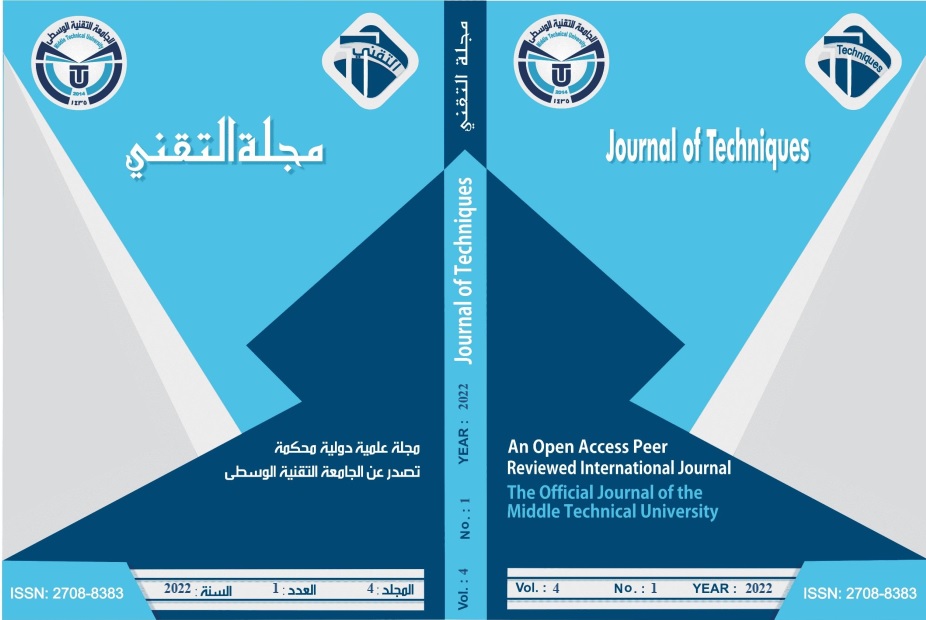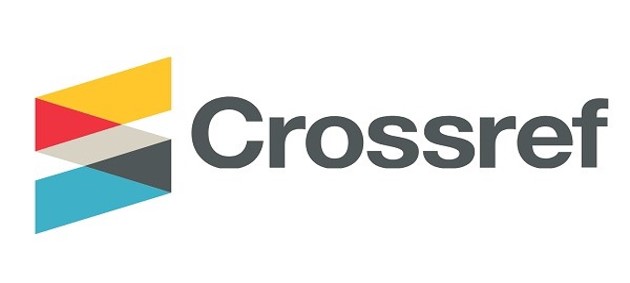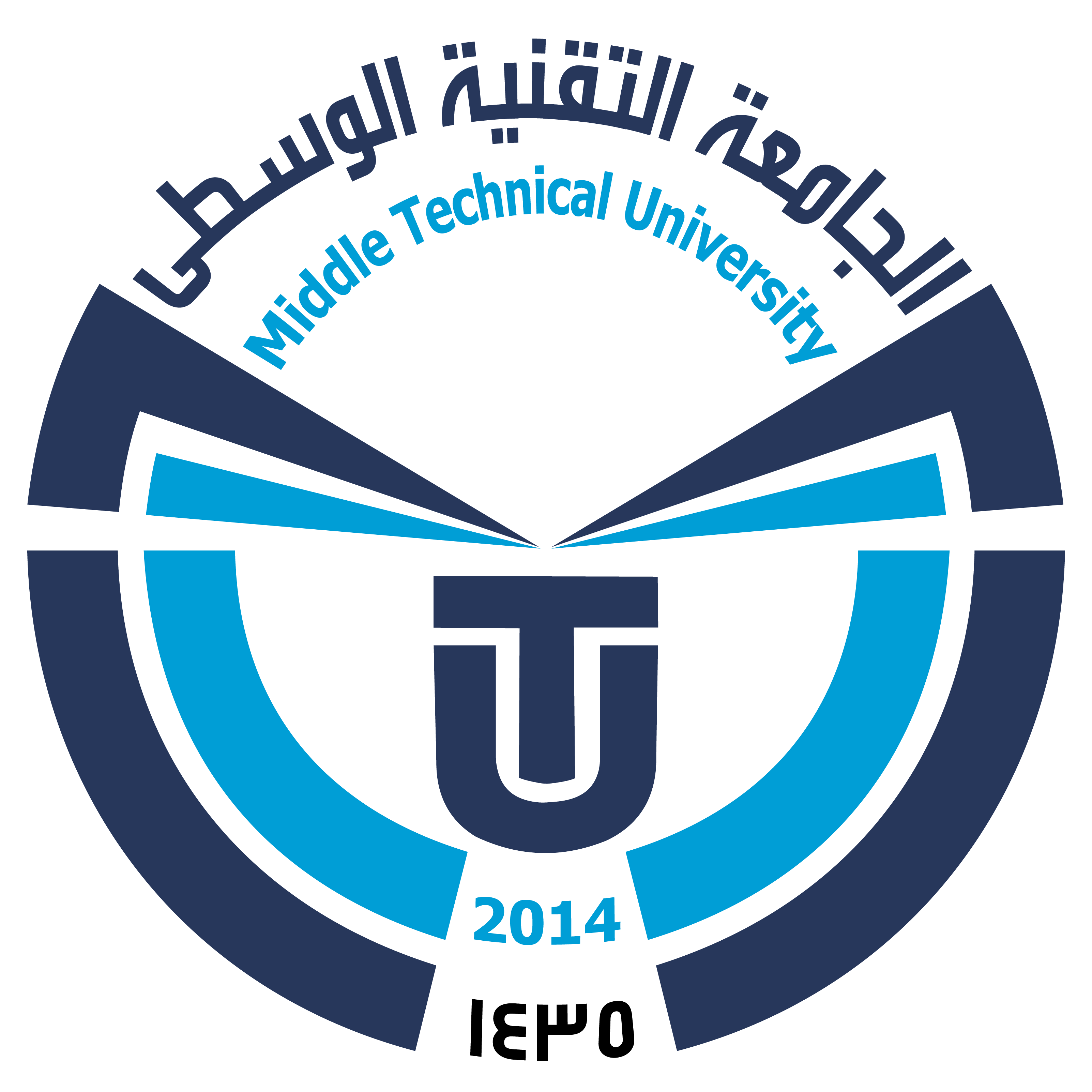Effect of Aging on the Antifungal Activity and Surface Roughness of Soft Lining Material Incorporated with Chitosan Nano-Particles
DOI:
https://doi.org/10.51173/jt.v4i1.452Keywords:
Soft Lining Material, Chitosan Nano-Particles, Viable Count Test, Disk Diffusion Test, Surface Roughness, Complete DentureAbstract
Background: Chitosan is a natural bio-polymer, which has been utilized in different pharmaceutical and biomedical fields, and it has antimicrobial activities. Resilient liner, it’s a polymeric material, considered as a kind of "shock absorber".
Purpose: The purpose of this study is to evaluate the effects of immersion in the artificial saliva on the antifungal activity and surface roughness of heat-polymerized soft lining material impregnated with CHs-NPs.
Approach: 180 specimens were prepared. Divided into 3 groups according to the test: Sensitivity test, viable count test and surface roughness test. Then the specimens subdivided into 3groups depending on the Chitosan addition and the different pH of saliva. The sample’s dimensions for candida viability count test were (10×10×2.3mm) length, width, and thickness, while a plastic disc with dimensions (6 diameter ×0.5mm thickness) for disc diffusion test. For surface roughness test a disc with 30mm diameter and 3mm thickness. The data analyzed statistically using SPSS, (ANOVA) test with Games-Howell test to accept or reject the statistical hypothesis.
Results: For viable count test, there was a significant decrease in CFU/ml of C. albicans after incorporation 3.5%CHs-NPs, the results also showed that the specimens’ group that was stored in acidic artificial saliva, recorded a significant increase in CFU/ml of C. albicans, followed by the specimens’ group that was stored in alkaline artificial saliva. While for disk diffusion test, results showed there was no inhibition zone around any PEMA disks except the experimental group that was stored in neutral artificial saliva. The results of surface roughness, showed no significant difference after incorporation in 3.5% of CHs-NPs into the soft denture liner and immersion in the artificial saliva with different pH levels.
Conclusion: Acidic and alkaline artificial saliva encouraging the growth C. albicans, while the neutral artificial saliva had the least effect. Also, the result of the study concluded that vertex soft lining material impregnated with chitosan nano-particles aids in obtaining a lining material with the antifungal activity against C. albicans. While the aging process and the addition of CHs-NPs was not having a significantly effect on the surface roughness.
Downloads
References
M. S. Alaa’a, "Shear bond strength of three silicone lining materials bonded to heat-cured denture resin," King Saud University Journal of Dental Sciences, vol. 4, no. 1, pp. 17-20, 2013.
F. Tuğut, M. E. Coşkun, and H. Akın, "Farklı içeceklerin yumuşak astar maddelerinde sertlik ve yüzey pürüzlülük üzerine etkisi," 7tepe Klinik Dergisi, vol. 13, no. 2, pp. 25-28.
Y. K. Özkan, "Long-Term 6 Dentures," Complete Denture Prosthodontics: Treatment and Problem Solving, p. 197, 2019.
M. S. Alaa’a, "Effect of aging on bond strength of two soft lining materials to a denture base polymer," The Journal of Indian Prosthodontic Society, vol. 14, no. 1, pp. 155-160, 2014.
K. Walczak, G. Schierz, S. Basche, C. Petto, K. Boening, and M. Wieckiewicz, "Antifungal and Surface Properties of Chitosan-Salts Modified PMMA Denture Base Material," Molecules, vol. 25, no. 24, p. 5899, 2020.
E. U. Nevzatoğlu, M. Özcan, Y. Kulak-Ozkan, and T. Kadir, "Adherence of Candida albicans to denture base acrylics and silicone-based resilient liner materials with different surface finishes," Clinical oral investigations, vol. 11, no. 3, pp. 231-236, 2007.
V. M. Urban et al., "Effect of the addition of antimicrobial agents on Shore A hardness and roughness of soft lining materials," Journal of Prosthodontics, vol. 24, no. 3, pp. 207-214, 2015.
B. M. Hussein, I. J. Ismail, and H. A. Khalaf, "Effect of some disinfectant solutions on the hardness property of selected soft denture liners after certain immersion periods," Journal of the Faculty of Medicine Baghdad, vol. 51, no. 3, pp. 259-264, 2009.
H. A.-w. Abdul-shafi and H. K. Aziz, "Tikrit Journal for Dental Sciences," 2021.
A. H. J. Ibrahim. Evaluation of Antifungal Activity and Some Properties of Maxillofacial Silicone Incorporated with Chitosan. A master thesis, Prosthetic department, University of Baghdad, 2019.
K. Divya and M. Jisha, "Chitosan nanoparticles preparation and applications," Environmental chemistry letters, vol. 16, no. 1, pp. 101-112, 2018.
C. Akay, M. Ç. Taniş, and H. Sevim, "Effect of artificial saliva with different pH levels on the cytotoxicity of soft denture lining materials," The International journal of artificial organs, vol. 40, no. 10, pp. 581-588, 2017.
J. d. Sá, F. Vieira, C. M. Aroso, M. Cardoso, J. M. Mendes, and A. S. Silva, "The influence of saliva pH on the fracture resistance of three complete denture base acrylic resins," International Journal of Dentistry, vol. 2020, 2020.
H. K. Aziz, "Evaluation of adding ginger oil on sorption and solubility of soft liners using different saliva pH levels," Iraqi Dental Journal, vol. 37, no. 2, pp. 43-50, 2015.
A. S. S. Amal, S. Hussain, and M. Jalaluddin, "Preparation of artificial saliva formulation," 2015.
G. Chladek et al., "Antifungal activity of denture soft lining material modified by silver nanoparticles—a pilot study," International Journal of Molecular Sciences, vol. 12, no. 7, pp. 4735-4744, 2011.
M. I. Issa and N. Abdul-Fattah, "Evaluating the effect of silver nanoparticles incorporation on antifungal activity and some properties of soft denture lining material," Journal of Baghdad college of dentistry, vol. 325, no. 2219, pp. 1-15, 2015.
American society for testing and material, ASTM D, 638-m standard test method for tensile properties of plastics. Philadelphia: American National Standards Institute (1986).
Abraham, A. Q. (2017). The influence of chlorhexidine di-acetate salt Incorporation into soft denture lining material on Antifungal Activity and Some mechanical Properties. A master Thesis, prosthodontic department, College of Dentistry at the University of Baghdad.
K. C. Carroll, J. Butel, and S. Morse, Jawetz Melnick and Adelbergs Medical Microbiology 27 E. McGraw-Hill Education, 2015.
C. R. Mahon, D. C. Lehman, and G. Manuselis, Textbook of diagnostic microbiology-e-book. Elsevier Health Sciences, 2018.
M. E. Hamid et al., "Candida and other yeasts of clinical importance in Aseer region, southern Saudi Arabia: presentation of isolates from the routine laboratory setting," Saudi medical journal, vol. 35, no. 10, p. 1210, 2014.
S. S. Sudhan, P. Sharma, M. Sharma, and D. Shrivastava, "Identification of Candida Species in the Clinical Laboratory: A review of conventional, commercial and molecular techniques," International Journal of Medical Research Professionals, vol. 2, no. 6, pp. 1-8, 2016.
S. S. Al-Ameer, "The influence of different pH of saliva and thermal cycling on the adaptation of different denture base materials," J Bagh College Dentistry, vol. 24, pp. 47-53, 2012.
D. R. Monteiro, L. F. Gorup, A. S. Takamiya, E. R. de Camargo, A. C. R. Filho, and D. B. Barbosa, "Silver distribution and release from an antimicrobial denture base resin containing silver colloidal nanoparticles," Journal of Prosthodontics: Implant, Esthetic and Reconstructive Dentistry, vol. 21, no. 1, pp. 7-15, 2012.
A. D. Yasser. The effect of addition of zirconium Nano particles on antifungal activity and some properties of soft denture lining material. A master thesis, Prosthetic department, University of Baghdad, 2017.
T. K. Ismael. Effect of peppermint and pomegranate plant extracts on antifungal activity and some properties of heat cured acrylic resin. A master Thesis, prosthodontic dental department, collage of health and medical technology. 2020.
R. C. F. Cheung, T. B. Ng, J. H. Wong, and W. Y. Chan, "Chitosan: an update on potential biomedical and pharmaceutical applications," Marine drugs, vol. 13, no. 8, pp. 5156-5186, 2015.
B. L. C. Gondim et al., "Effect of chitosan nanoparticles on the inhibition of Candida spp. biofilm on denture base surface," Archives of oral biology, vol. 94, pp. 99-107, 2018.
H. MOHAMMED and A. A. FATALLA, "The Effectiveness of Chitosan Nano-Particles Addition into Soft Denture Lining Material on Candida Albicans Adherence."
A. H. J. Ibrahim. Evaluation of Antifungal Activity and Some Properties of Maxillofacial Silicone Incorporated with Chitosan. A master thesis, Prosthetic department, University of Baghdad, 2019.
H.-L. Lee et al., "Antifungal effect of tissue conditioners containing poly (acryloyloxyethyltrimethyl ammonium chloride)-grafted chitosan on Candida albicans growth in vitro," Journal of dental sciences, vol. 13, no. 2, pp. 160-166, 2018.
K. Walczak, G. Schierz, S. Basche, C. Petto, K. Boening, and M. Wieckiewicz, "Antifungal and Surface Properties of Chitosan-Salts Modified PMMA Denture Base Material," Molecules, vol. 25, no. 24, p. 5899, 2020.
S. Vylkova, A. J. Carman, H. A. Danhof, J. R. Collette, H. Zhou, and M. C. Lorenz, "The fungal pathogen Candida albicans autoinduces hyphal morphogenesis by raising extracellular pH," MBio, vol. 2, no. 3, pp. e00055-11, 2011.
S. G. Nadeem, A. Shafiq, S. T. Hakim, Y. Anjum, and S. U. Kazm, "Effect of growth media, pH and temperature on yeast to hyphal transition in Candida albicans," Open Journal of Medical Microbiology, vol. 3, 2013.
J. Bikandi, M. Moragues, G. Quindos, L. Polonelli, and J. Ponton, "Influence of environmental pH on the reactivity of Candida albicans with salivary IgA," Journal of dental research, vol. 79, no. 6, pp. 1439-1442, 2000.
A. Barbosa, D. Araújo, E. Ribeiro, M. Henriques, and S. Silva, "Candida albicans adaptation on simulated human body fluids under different pH," Microorganisms, vol. 8, no. 4, p. 511, 2020.
American society for testing and material, ASTM D, 638-m standard test method for tensile properties of plastics. Philadelphia: American National Standards Institute (1986).
ASME B46.1 (2009). "Surface texture, surface roughness, waviness and lay", American society of mechanical engineering, Three Park Avenue, NY, USA.
Mohammed, H.K. (2020). The Effectiveness of Chitosan Nano-Particles Incorporation into Heat Cured Soft Denture Lining Material on Candida albicans Adherence and Some Other Properties. A master Thesis, prosthodontic department, College of Dentistry at the University of Baghdad.
N. G. Chander and J. Venkatraman, "Mechanical properties and surface roughness of chitosan reinforced heat polymerized denture base resin," Journal of Prosthodontic Research, vol. 66, no. 1, pp. 101-108, 2022.
R. Bagheri, M. J. Tyas, and M. F. Burrow, "Subsurface degradation of resin-based composites," Dental materials, vol. 23, no. 8, pp. 944-951, 2007.
S. A. Alfadda, H. N. Al-Otaibi, N. S. Al-Shaalan, R. Al-Qarni, R. M. AlMutairi, S. M. Al- Taweel, A. AlFouzan. The Effects of Salivary pH on Color Stability and Surface Roughness of Different Denture Acrylic Resin Materials. Biosc.Biotech. Res.Comm;13(3), 2020.
I. R. Constantinescu, M. Ursache, and D. Mardarez, "Effect of pH on the surface roughness of heat cured denture base acrylic resins," Revista medico-chirurgicala a Societatii de Medici si Naturalisti din Iasi, vol. 111, no. 2, pp. 477-481, 2007.
P. A. Sofya, L. Rahmayani, and R. R. C. Purnama, "Effect of soft drink towards heat cured acrylic resin denture base surface roughness," Padjadjaran Journal of Dentistry, vol. 29, no. 1, 2017.

Downloads
Published
How to Cite
Issue
Section
License
Copyright (c) 2022 Huda Abdul-Wahab Abdul-Shafi, Hawraa Khalid Aziz

This work is licensed under a Creative Commons Attribution 4.0 International License.
















